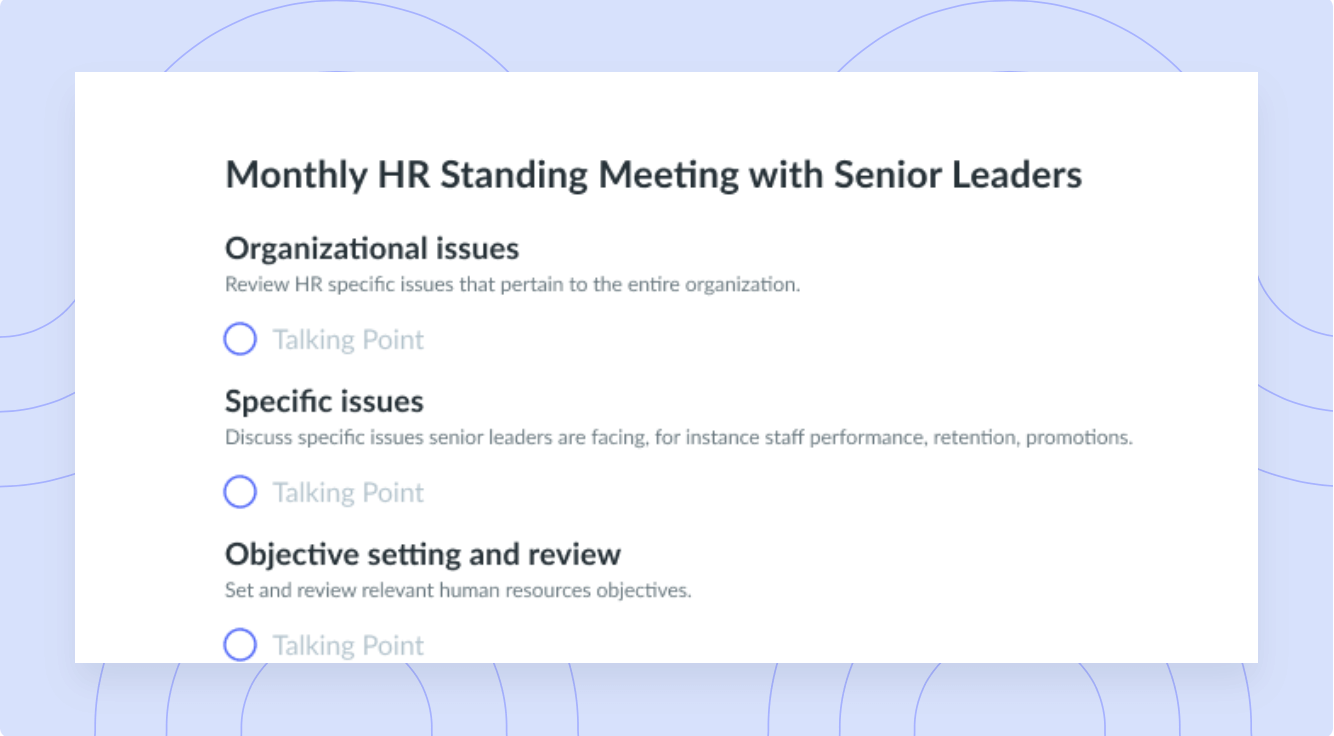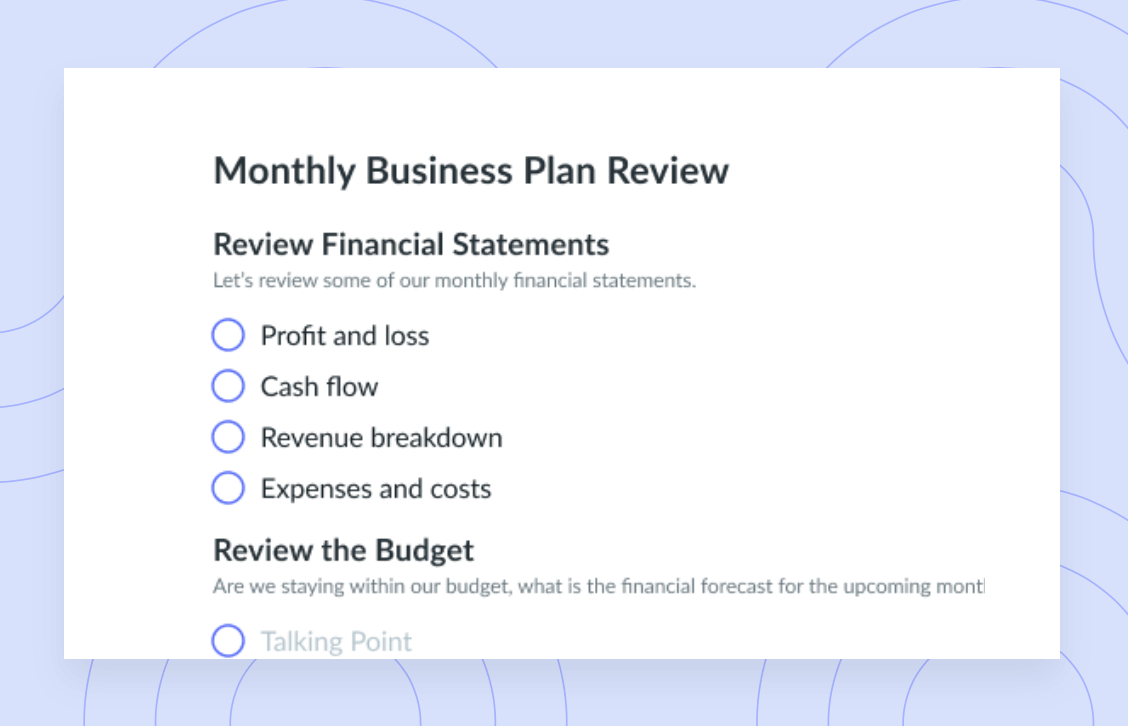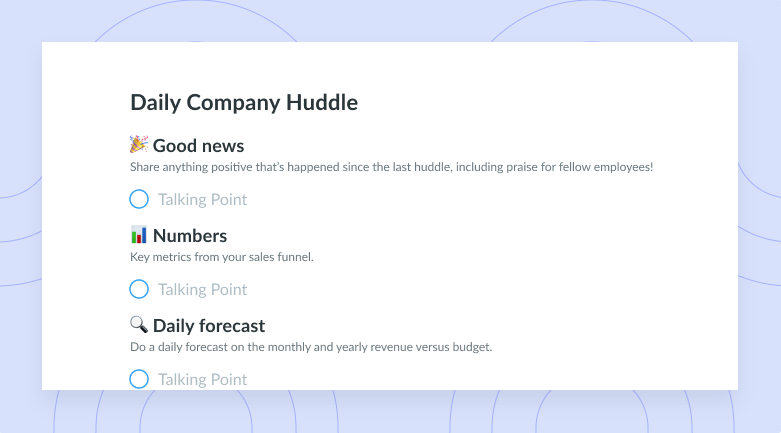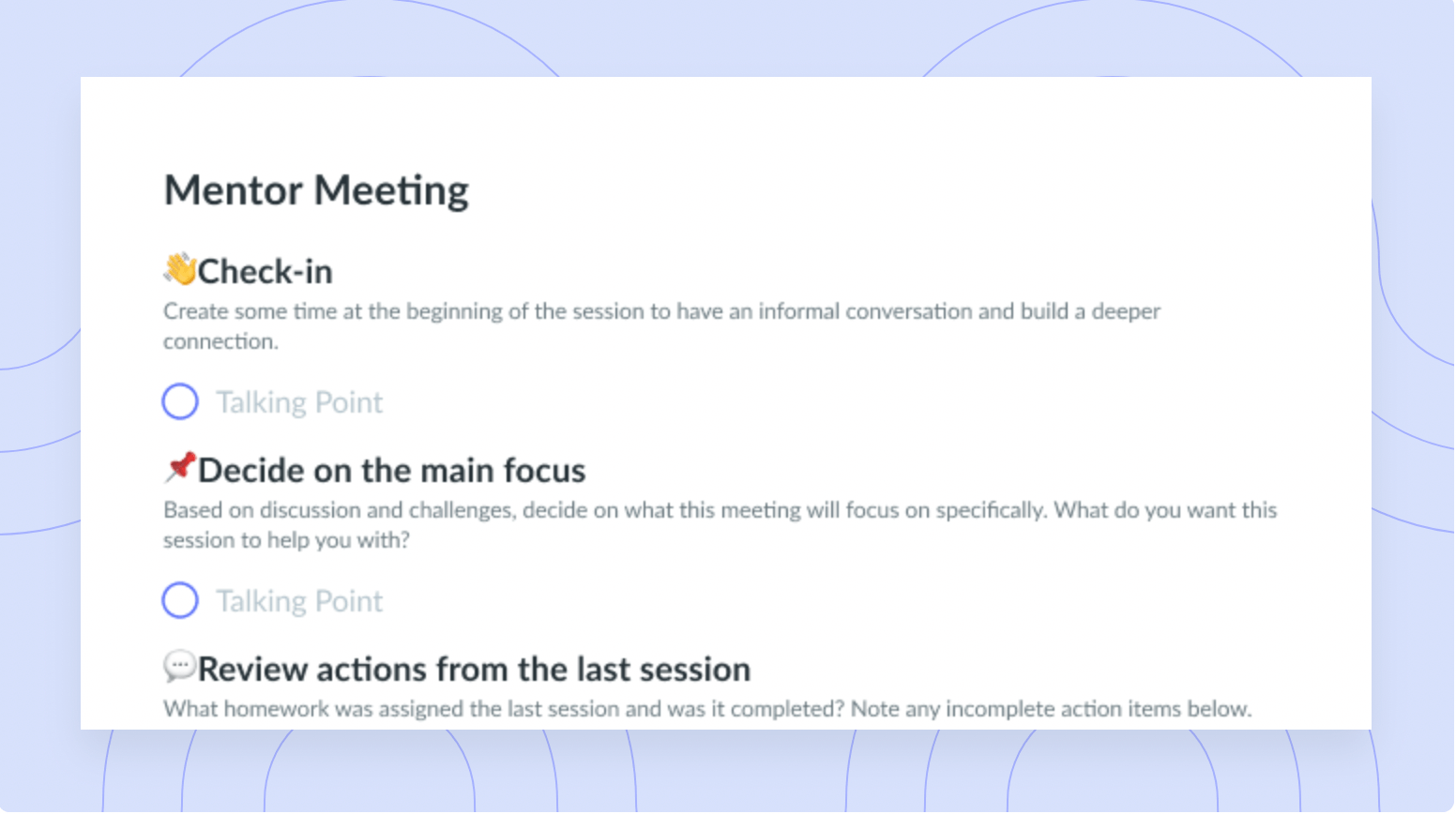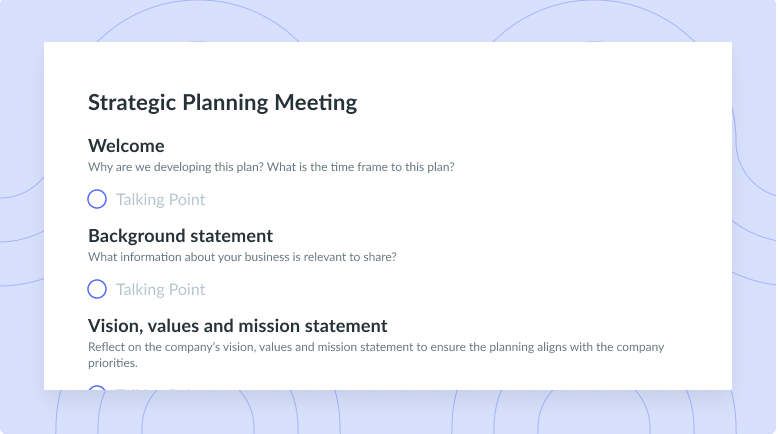Quality Assurance Manager: Role and Responsibilities
Managing quality assurance teams, reviewing technical documents, and inspecting products are just some of the tasks in a QA manager’s job description.
Before your organization releases a product, that product goes through testing to make sure it’s safe and that it meets certain standards. Quality assurance managers do a complex sort of “taste test” on products before putting them in front of customers. But what exactly is a quality assurance manager? In this article, you’ll learn about the important role that quality assurance managers play in the production process.
- What does a quality assurance manager do?
- Responsibilities of a quality assurance manager: an overview
- How do you become a quality assurance manager?
What does a quality assurance manager do?
A quality assurance (QA) manager is a part of your organization’s production team. They’ll manage the team members who make sure your products work safely and properly. Your QA manager will also closely inspect your products to keep them up to your standards.

Keep standards at an all-time high
Upgrade your team’s processes with organized communication and collaborative meetings. Experience the benefits of improved collaboration, and increased productivity with a tool like Fellow.

Responsibilities of a quality assurance manager: an overview
Below is an overview of a quality assurance manager’s responsibilities.
- Inspect products
- Find ways to improve the production process
- Train QA staff members
- Review and comply with legal standards
1Inspect products
The best way to determine a product’s quality is to try it out. QA managers spend much of their time testing and inspecting products to bring them up to certain quality standards. These inspections go beyond what meets the eye.
QA managers check out the smallest details of a product to see how it looks, performs, or – for food items – tastes. They thoroughly test your products and take notes on their structure, durability, and so much more.
2Find ways to improve the production process
Using the insights they get from testing and sampling products, your QA manager will look for ways to improve the entire production process. They’ll crunch numbers, review costs, draw up reports, and analyze data sets. At the end of the day, the goal is to build strategies to make the production process more efficient – and your products better.
3Train QA staff members
A QA manager isn’t just in charge of product inspections. They also manage your QA team members. That means training new QA staff and getting everyone up to date on the latest policies and processes. This way, with everyone on the same page, production can run smoother to create more quality products.
4Review and comply with legal standards
A big part of a QA manager’s job is staying up to date on the latest legal standards for your products. Whenever a new regulation or law goes into effect, your QA manager should review it and guide your production team through any necessary changes. As your production team delivers products, your QA manager needs to inspect them with these new regulations in mind.
How do you become a quality assurance manager?
Now that you understand a QA manager’s role, maybe you want to become this person yourself. Below are some of the qualifications you’ll likely need to get your foot in the door.
- A degree
- Knowledge of quality management systems
- An eye for detail
- Problem-solving skills
- Data and calculation skills
- Experience reading technical documents
- Physical abilities
1A degree
To become a quality assurance manager, you’ll need a bachelor’s degree in an area such as quality assurance, engineering, computer science, or business management. That’ll typically mean taking courses like statistics, calculus, business communications, and economics. In some cases, to be a QA manager, you’ll need a master’s degree and some prior experience in quality control.
2Knowledge of quality management systems
Your quality management system is all your processes, standards, and responsibilities. Your QA manager – whether you or someone you hire – should regularly review and improve these systems. This way, you’re always creating the best possible products.
There are a few different types of quality management systems. One type is standardized systems that adhere to codes and regulations. Another type is total quality systems that look at processes across your organization to perfect the customer experience. Since working with these systems is key to QA management, experience with them can make your job way easier.
3An eye for detail
QA managers must be detail-oriented in all of their work. They’ll look at just about every part of a product and see how it holds up under industry standards and regulations. That means they need to be very thorough – meeting customer expectations and legal requirements depends on it.
4Problem-solving skills
QA managers need to know how to quickly respond to problems and find the best solutions. They also have to do this while working around time constraints and still creating high-quality products. A QA manager’s job is to solve a problem without impacting a product’s quality.
5Data and calculation skills
QA managers are constantly analyzing and reporting data. They need to take great notes and create reports everyone can easily understand.
Creating and reviewing reports for data accuracy can help you pinpoint what did and didn’t work during the inspection process. From there, the QA manager can share insights with the whole team. QA managers also put their math, calibration, and critical thinking skills to work to help them find the best ways to improve product quality.
6Experience reading technical documents
Your QA manager, whether you or someone you hire, should know how to read and understand production documents and manuals. This way, you can check your products’ quality based on your organization’s standards.
Technical documents also give you the information you need about a product so you’re not walking blindly into an inspection. Knowing the key terms for the products you’re inspecting can make a world of difference. It’s the start of creating meaningful reports for your team.
7Physical abilities
While push-ups and sprints probably won’t be part of your workday (unless you’re testing sports equipment), you’ll likely move around a bit. For example, you might need to move some heavy products. When you’re inspecting larger items, you may have to move around them and stand or sit at unusual angles. Since you’ll be working in a production area, you might need to step over, move around, and duck under tools and equipment.
Quality on all fronts
From running tests to inspecting and reviewing products, QA managers are a big part of keeping customers happy with your products. If your team needs this role, hire away. Or if it sounds like a job you’d love, you can get the schooling and training you need to become a great QA manager.
Once you hire or become a QA manager, you’ll need to hold weekly team meetings to share the latest product updates. Fellow has all the tools you need to manage your meetings and get helpful feedback from your team at every point of the production process. You can use Fellow to collaborate on meeting agendas, assign meeting action items, and keep clients in the loop. With Fellow, you can put in the work to create only the highest-quality products.





![20 Positive Feedback Examples for Employees [+ FREE templates]](https://fellow.app/wp-content/uploads/2022/04/feedback.jpg)





